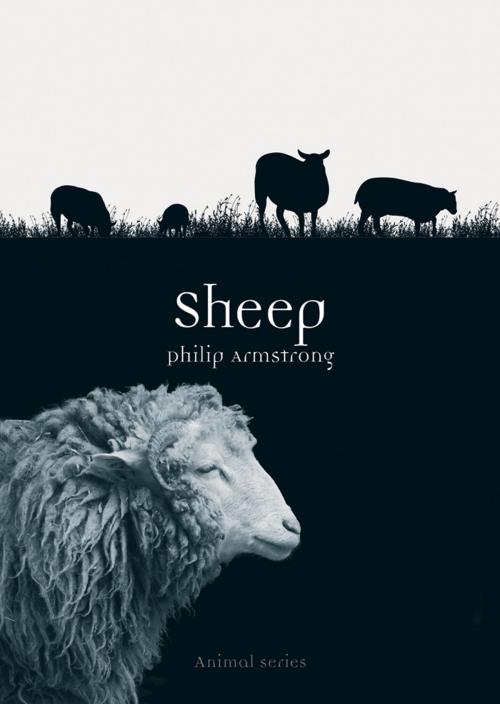| Author: | Philip Armstrong | ISBN: | 9781780236261 |
| Publisher: | Reaktion Books | Publication: | June 15, 2016 |
| Imprint: | Reaktion Books | Language: | English |
| Author: | Philip Armstrong |
| ISBN: | 9781780236261 |
| Publisher: | Reaktion Books |
| Publication: | June 15, 2016 |
| Imprint: | Reaktion Books |
| Language: | English |
The ancient Egyptians worshipped them, the Romans dressed them in fitted coats, and the Christians associated them with their divine savior. In Sheep, Philip Armstrong traces the natural and cultural history of both wild and domestic species of ovis, from the Old World mouflon to the corkscrew-horned flocks of the Egyptians, from the Trojan sheep of Homer’s Odyssey to the cannibal sheep of Thomas More’s Utopia, from the vast migratory mobs of Spanish merinos all the way to Dolly—the first animal we have ever cloned—and Haruki Murakami’s sheep-human hybrids.
As Armstrong shows, humans have treated sheep with awe, cruelty or disdain for many thousands of years. Our exploitation of them for milk, meat, and wool—but also for artistic and cultural purposes—has shaped both our history and theirs. Despite all that we owe them we have often dismissed sheep as the least witted and least interesting of mammals: to be accused of “sheepishness” or behaving “like a flock of sheep” is to be denigrated for lack of courage, individuality, or will. Yet, as this book demonstrates, sheep actually possess highly sophisticated social skills and emotional intelligence. Above all, Sheep demonstrates that sometimes the most mundane animals turn out to be the most surprising.
The ancient Egyptians worshipped them, the Romans dressed them in fitted coats, and the Christians associated them with their divine savior. In Sheep, Philip Armstrong traces the natural and cultural history of both wild and domestic species of ovis, from the Old World mouflon to the corkscrew-horned flocks of the Egyptians, from the Trojan sheep of Homer’s Odyssey to the cannibal sheep of Thomas More’s Utopia, from the vast migratory mobs of Spanish merinos all the way to Dolly—the first animal we have ever cloned—and Haruki Murakami’s sheep-human hybrids.
As Armstrong shows, humans have treated sheep with awe, cruelty or disdain for many thousands of years. Our exploitation of them for milk, meat, and wool—but also for artistic and cultural purposes—has shaped both our history and theirs. Despite all that we owe them we have often dismissed sheep as the least witted and least interesting of mammals: to be accused of “sheepishness” or behaving “like a flock of sheep” is to be denigrated for lack of courage, individuality, or will. Yet, as this book demonstrates, sheep actually possess highly sophisticated social skills and emotional intelligence. Above all, Sheep demonstrates that sometimes the most mundane animals turn out to be the most surprising.















